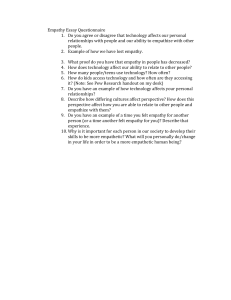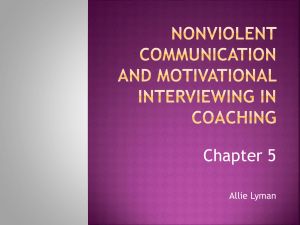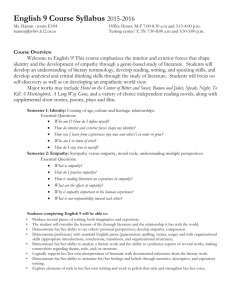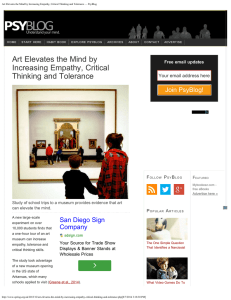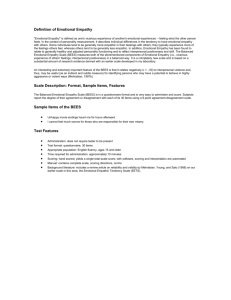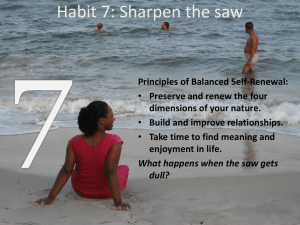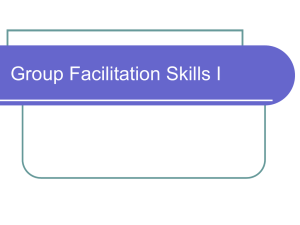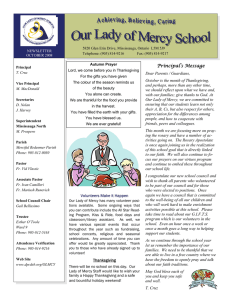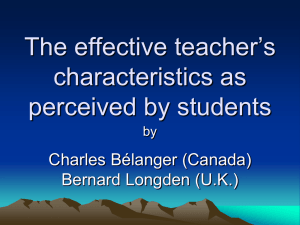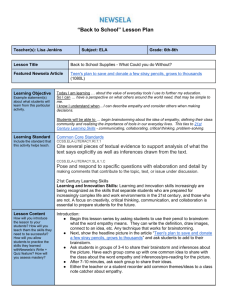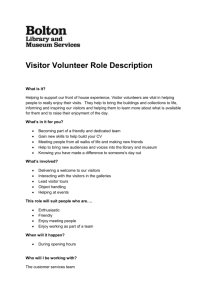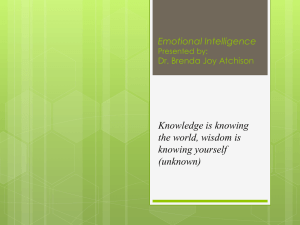Why Study History? Article
advertisement
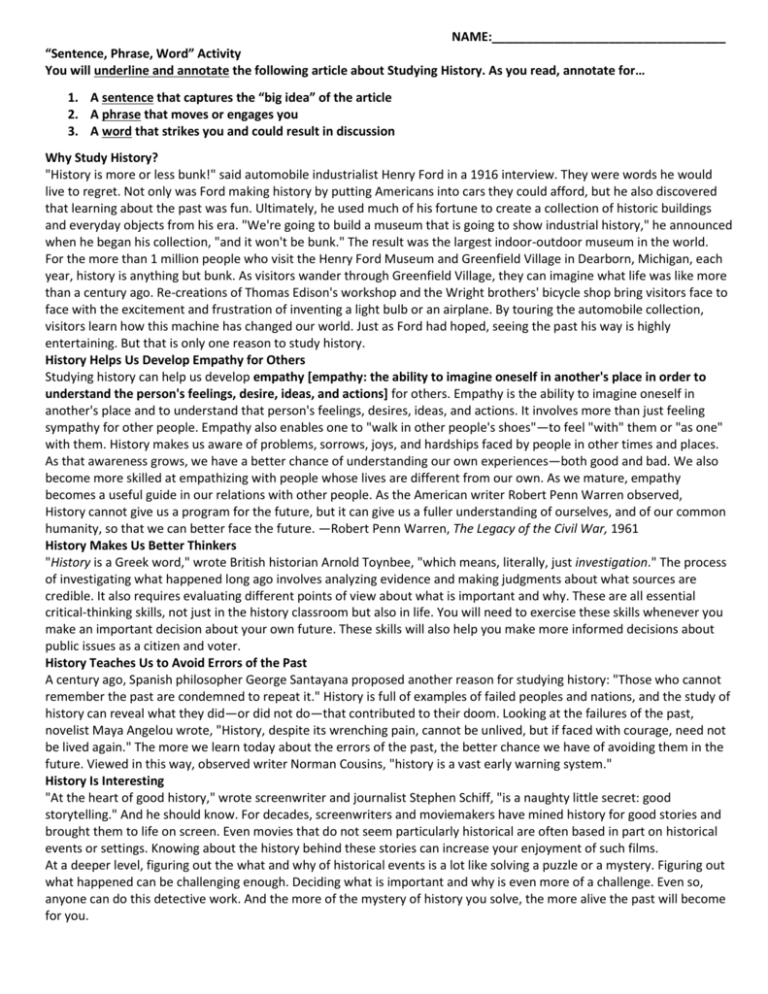
NAME:__________________________________ “Sentence, Phrase, Word” Activity You will underline and annotate the following article about Studying History. As you read, annotate for… 1. A sentence that captures the “big idea” of the article 2. A phrase that moves or engages you 3. A word that strikes you and could result in discussion Why Study History? "History is more or less bunk!" said automobile industrialist Henry Ford in a 1916 interview. They were words he would live to regret. Not only was Ford making history by putting Americans into cars they could afford, but he also discovered that learning about the past was fun. Ultimately, he used much of his fortune to create a collection of historic buildings and everyday objects from his era. "We're going to build a museum that is going to show industrial history," he announced when he began his collection, "and it won't be bunk." The result was the largest indoor-outdoor museum in the world. For the more than 1 million people who visit the Henry Ford Museum and Greenfield Village in Dearborn, Michigan, each year, history is anything but bunk. As visitors wander through Greenfield Village, they can imagine what life was like more than a century ago. Re-creations of Thomas Edison's workshop and the Wright brothers' bicycle shop bring visitors face to face with the excitement and frustration of inventing a light bulb or an airplane. By touring the automobile collection, visitors learn how this machine has changed our world. Just as Ford had hoped, seeing the past his way is highly entertaining. But that is only one reason to study history. History Helps Us Develop Empathy for Others Studying history can help us develop empathy [empathy: the ability to imagine oneself in another's place in order to understand the person's feelings, desire, ideas, and actions] for others. Empathy is the ability to imagine oneself in another's place and to understand that person's feelings, desires, ideas, and actions. It involves more than just feeling sympathy for other people. Empathy also enables one to "walk in other people's shoes"—to feel "with" them or "as one" with them. History makes us aware of problems, sorrows, joys, and hardships faced by people in other times and places. As that awareness grows, we have a better chance of understanding our own experiences—both good and bad. We also become more skilled at empathizing with people whose lives are different from our own. As we mature, empathy becomes a useful guide in our relations with other people. As the American writer Robert Penn Warren observed, History cannot give us a program for the future, but it can give us a fuller understanding of ourselves, and of our common humanity, so that we can better face the future. —Robert Penn Warren, The Legacy of the Civil War, 1961 History Makes Us Better Thinkers "History is a Greek word," wrote British historian Arnold Toynbee, "which means, literally, just investigation." The process of investigating what happened long ago involves analyzing evidence and making judgments about what sources are credible. It also requires evaluating different points of view about what is important and why. These are all essential critical-thinking skills, not just in the history classroom but also in life. You will need to exercise these skills whenever you make an important decision about your own future. These skills will also help you make more informed decisions about public issues as a citizen and voter. History Teaches Us to Avoid Errors of the Past A century ago, Spanish philosopher George Santayana proposed another reason for studying history: "Those who cannot remember the past are condemned to repeat it." History is full of examples of failed peoples and nations, and the study of history can reveal what they did—or did not do—that contributed to their doom. Looking at the failures of the past, novelist Maya Angelou wrote, "History, despite its wrenching pain, cannot be unlived, but if faced with courage, need not be lived again." The more we learn today about the errors of the past, the better chance we have of avoiding them in the future. Viewed in this way, observed writer Norman Cousins, "history is a vast early warning system." History Is Interesting "At the heart of good history," wrote screenwriter and journalist Stephen Schiff, "is a naughty little secret: good storytelling." And he should know. For decades, screenwriters and moviemakers have mined history for good stories and brought them to life on screen. Even movies that do not seem particularly historical are often based in part on historical events or settings. Knowing about the history behind these stories can increase your enjoyment of such films. At a deeper level, figuring out the what and why of historical events is a lot like solving a puzzle or a mystery. Figuring out what happened can be challenging enough. Deciding what is important and why is even more of a challenge. Even so, anyone can do this detective work. And the more of the mystery of history you solve, the more alive the past will become for you.
